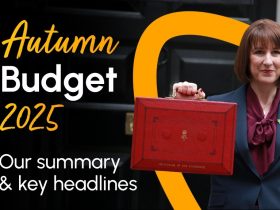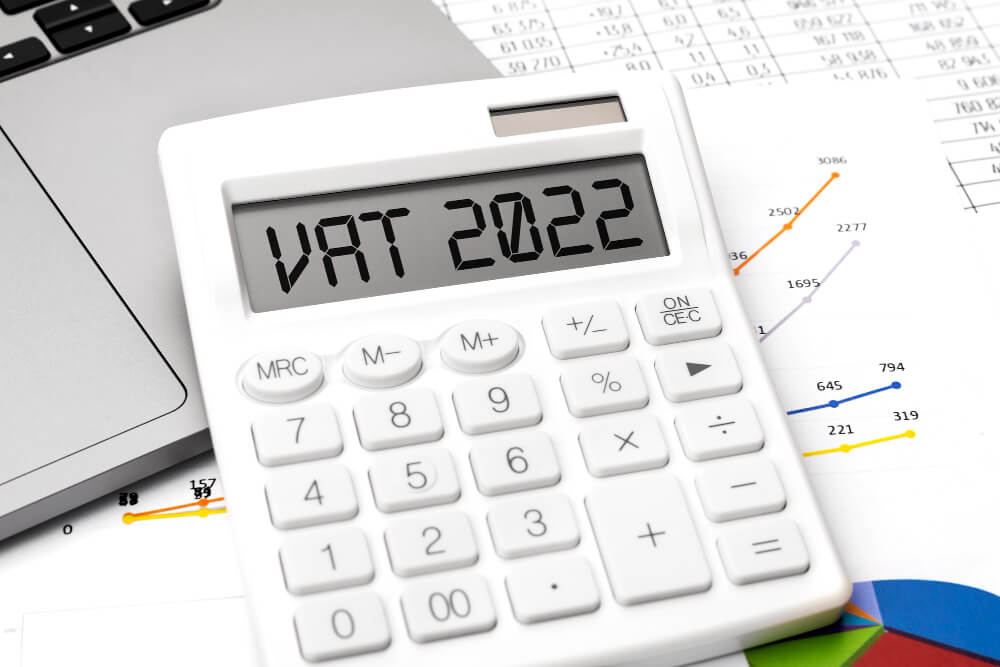Chancellor Kwasi Kwarteng has declared big tax cuts for businesses and individuals, a major shake-up to income tax and a permanent stamp duty cut.
The Growth Plan itself includes a significant amount of proposals.
The modifications come as part of mini-budget – we round up the new initiatives and what they imply for you below.

Table of Content
Mini Budget – A planning summary
1. Income tax
Starting in April 2023, the basic income tax rate will decrease from 20% to 19%.
The additional income tax rate, currently 45%, is being abolished. This applies to annual earnings which exceed £150,000. But starting in April, all income over £50,270 will be subject to the current higher income tax rate of 40%.

Whether employed or retired, if your annual income exceeds £12,570, you will benefit from the 1% decrease in the basic income tax rate. The Treasury determines the average individual will be £170 a year better off.
While the decision to withdraw the 45% tax rate will profit fewer of you, the impact on a personal level could be substantial. Further statistics from the Treasury found that from April, 660,000 people will benefit by an average of £10,000 a year.
2. Dividend tax
April’s 1.25% point rise in dividend tax is being reversed. It will take effect from April 2023.
3. National Insurance
Employers and employees will each pay 1.25 percentage points less in NI starting from 6 November, which will significantly increase profits and take-home pay.
The modifications mean employees will pay NI at 12% on income between £12,570 and £50,270, and 2% on everything above, while the employer rate will revert to 13.80%.
Around 28 million will see an estimated £330 extra in their wages, while 920,000 business owners will save an estimated £10,000 a year. However, your benefit depends on your personal income or business affairs.
For instance, if you make £20,000 annually, you will see an £8 increase to your monthly wage from November, while if your wage is £50,000, you will be £39 a month better off.
4. Corporation tax
On business profits over £250,000, the existing rate of 19% was supposed to increase to 25% on 1 April. For income between £50,000 and £250,000, a sliding scale was to be implemented.
However, the flat rate of 19% will continue to be applied to company profits of all sizes. The winners here are private limited businesses with profits exceeding £50,000. They could save a significant amount on potential future income. For instance, a company with profits of £1.25m in the 2023/24 tax year can save £60,000 in corporation tax.
5. Annual investment allowance
A further uplift to companies came from the annual investment allowance, which is set to stay at £1 million instead of dropping to £200,000 as previously planned.
This allowance offers 100% tax relief on machines and equipment purchases.
6. IR35
The Chancellor declared a simplification to IR35, namely that the reforms made in 2017 and 2021 will be abolished from April 2023. As a result, it will again be the contractor’s responsibility to decide whether or not their job falls under IR35, not the engager.
The contractor will decide if their job should be taxed as employment income and will be responsible for paying any additional NI and tax. There are no changes in the underlying IRS 35 legislation.
7. Stamp Duty
In England and Northern Ireland, you must pay stamp duty if you purchase a home or piece of land for more than a specified amount. In Wales, there is Land Transaction Tax, and in Scotland, there is Land and Buildings Transaction Tax.
The threshold for stamp duty on real estate sales was increased in the mini-budget from £125,000 to £250,000.
The nil-rate limit for First Time Buyers’ Relief has been modified from £300,000 to £425,000, while the maximum threshold that a person can pay for a residence while remaining eligible for First Time Buyers’ Relief has increased from £500,000 to £625,000.
This is good news for those looking to invest in a home, especially first-time buyers who, in most scenarios, will not have to pay stamp duty for houses valued under £425,000.
8. Energy
The rising cost of our energy bills is the primary concern for most of us. Still, the new Chancellor repeated his support announced in the Energy Price Guarantee on 8 September.
This will limit the unit price of electricity and gas so that an average household pays around £2,500 annually on their energy bill, for the next two years, from 1 October 2022.
From April 2023, energy providers will have to assist vulnerable and lower-income consumers with energy conservation measures that could save up to £200 annually on their energy bills.
Your precise bill amount will continue to be influenced by how much energy you use.
9. Seed Enterprise Investment Schemes (SEIS)
There have been plenty of extensions to the SEIS regime, which will impose from 6 April 2023, including that:
(i) businesses will be able to lift £250,000 in investment (a rise of £100,000),
(ii) the gross asset threshold will be raised from £200,000 to £250,000,
(iii) the trading time threshold has been expanded from two to three years, and
(iv) the individual annual investor threshold will increase to £200,000.

Final thoughts
The Chancellor also declared a suite of tax cuts for companies, including cancelling the intended rise in corporation tax, freezing alcohol duty for another year and expanding the tax relief for investments in plants and equipment.
The new mini budget will likely impact your finances, whatever your income level. Seeking professional guidance can help you better understand what they might imply for you, your family, and your business.









